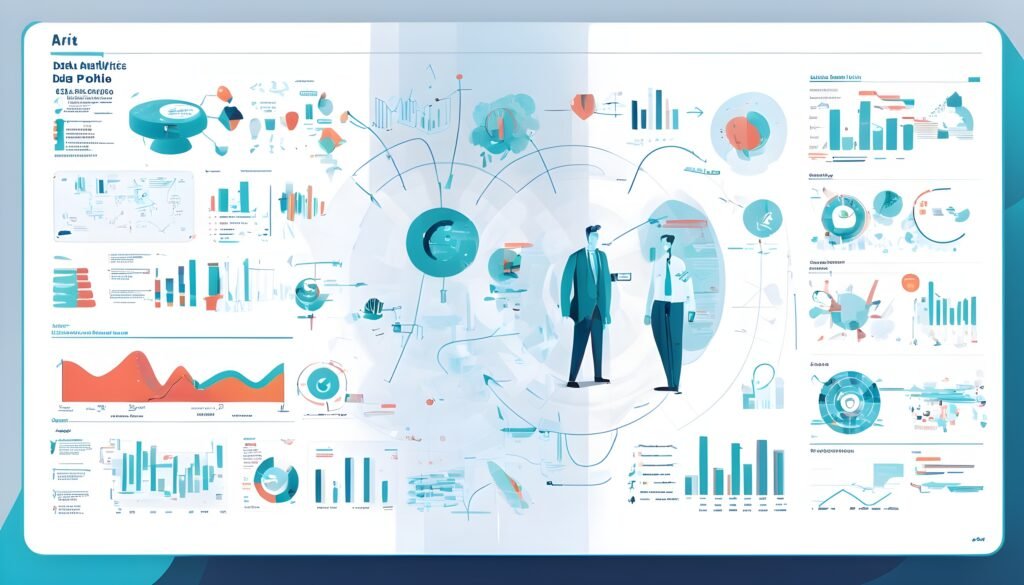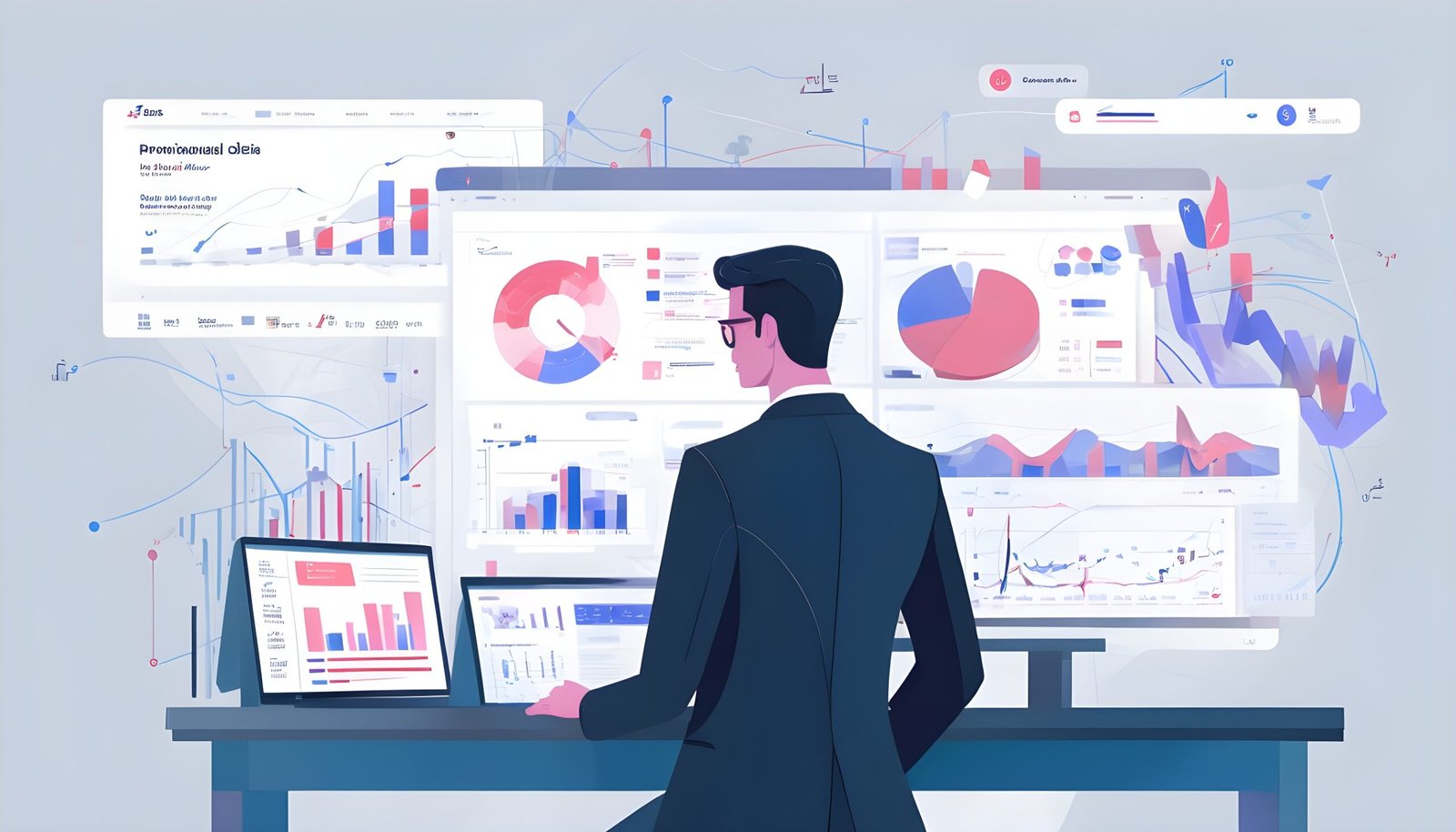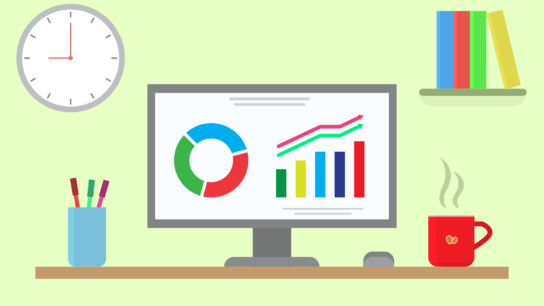In an era dominated by data, the demand for skilled professionals in the fields of Data Analytics and Business Analytics has skyrocketed. Companies across industries are leveraging analytics to make informed decisions, driving the need for individuals with expertise in deciphering and deriving actionable insights from vast datasets. This article aims to guide aspiring professionals through the intricacies of Data Analytics Jobs and Business Analytics Jobs, offering valuable insights into the skills required, career opportunities, and industry trends.
Key Highlights
- Programming languages such as (Python), (R), and (SQL) are needed to succeed in Data Analytics jobs
- Data Visualization tools like Power BI and Tableau are useful assets in securing a Business Analytics jobs
- Examples of Data Analytics jobs: Data Analysts, Business Intelligence Analysts, Data Scientists, and Machine Learning Engineers
- Salaries for Business Analytics jobs may range from $70,000 for entry-level roles to well over $120,000 for experienced individuals
The Rise of Data Analytics Jobs:
1.1 Understanding Data Analytics:
Data Analytics involves the examination, interpretation, and visualization of data to uncover patterns, trends, and insights that can inform business strategies. Professionals in this field work with statistical models, algorithms, and various tools to extract meaningful information from raw data.
1.2 Skills Required for Data Analytics Jobs:
- Proficiency in programming languages (Python, R, SQL)
- Data visualization skills (Tableau, Power BI)
- Statistical analysis and mathematical modeling
- Machine learning and predictive analytics
- Strong communication and problem-solving abilities
1.3 Career Opportunities in Data Analytics:
Data Analysts, Business Intelligence Analysts, Data Scientists, and Machine Learning Engineers are some of the roles within the expansive realm of Data Analytics. Industries such as finance, healthcare, e-commerce, and technology are actively seeking skilled professionals to make data-driven decisions.
Exploring Business Analytics Jobs:
2.1 What is Business Analytics?
Business Analytics focuses on using data to drive business strategy, optimize processes, and enhance overall performance. It involves analyzing historical data and using it to predict future trends, aiding organizations in making strategic decisions.
2.2 Key Skills for Business Analytics Jobs:
- Data interpretation and business acumen
- Proficiency in analytics tools (SAS, IBM Cognos)
- Knowledge of data warehousing and data mining
- Strong communication and presentation skills
- Understanding of key business metrics and KPIs
2.3 Thriving Careers in Business Analytics:
Business Analysts, Operations Analysts, Market Research Analysts, and Business Intelligence Managers are among the roles that fall under the umbrella of Business Analytics. This field is particularly crucial for industries like finance, marketing, and supply chain management.
How to Land Your Dream Job:
3.1 Relevant Education and Certifications:
Obtaining a degree in fields such as Statistics, Mathematics, Computer Science, or Business Analytics can provide a solid foundation. Additionally, certifications from recognized organizations like Microsoft, SAS, or Google can enhance your credibility.
3.2 Building a Strong Portfolio:
Creating a portfolio showcasing your projects and achievements is essential in the analytics field. Highlight your skills, the impact of your work, and any innovative solutions you’ve implemented.
3.3 Networking and Professional Development:
Networking through industry events, online forums, and platforms like LinkedIn can open doors to job opportunities. Continuous learning through workshops, webinars, and staying updated on industry trends is crucial.

Industry Insights and Trends:
4.1 Emerging Technologies:
As technology evolves, professionals in both Data Analytics and Business Analytics must stay updated on emerging technologies such as Artificial Intelligence, Blockchain, and Edge Computing.
4.2 Industry-specific Demands:
Different industries have varied needs for analytics professionals. Understanding these demands can help tailor your skills and focus on sectors that align with your interests.
4.3 Remote Work Opportunities:
The analytics industry has witnessed a surge in remote work opportunities. Understanding how to effectively collaborate and communicate in a virtual environment is becoming increasingly important.
Salaries and Compensation Packages:
5.1 Average Salaries in Data Analytics:
The salaries in Data Analytics can vary based on factors such as experience, location, and industry. On average, entry-level positions may start around $60,000, while experienced professionals can earn well over $100,000 annually.
5.2 Compensation Trends in Business Analytics:
Business Analytics professionals also enjoy competitive salaries. Salaries may range from $70,000 for entry-level roles to well over $120,000 for experienced individuals, depending on factors like industry and location.
Job Search Strategies:
6.1 Online Job Portals:
Utilize popular job portals like Indeed, Glassdoor, and LinkedIn to find relevant job opportunities. Customize your profile and set up job alerts to stay informed.
6.2 Networking Events:
Attend industry conferences, webinars, and meetups to expand your professional network. Networking can provide insights into job openings and potential career paths.
6.3 LinkedIn and Social Media:
Optimize your LinkedIn profile with relevant keywords and connect with professionals in the analytics field. Social media platforms can be valuable for staying informed about job openings and industry trends.

Challenges and Future Prospects:
7.1 Addressing Common Challenges:
Overcoming challenges such as data security concerns, ethical considerations, and the need for ongoing skills development is crucial for sustained success in the analytics industry.
7.2 Future Growth in the Analytics Industry:
The analytics industry is poised for continuous growth, with increasing demand for professionals who can leverage data for strategic decision-making. Staying adaptable to emerging technologies will be key for long-term success.
Frequently Asked Questions
Data analytics primarily focuses on analyzing data to extract insights, while business analytics uses data to inform business strategy and decision-making.
Industries such as finance, healthcare, e-commerce, and technology have a high demand for analytics professionals. However, the need is expanding across various sectors.
Python, R, and SQL are widely used programming languages in the analytics field. Proficiency in these languages is highly beneficial for analytics professionals.
Consider acquiring relevant certifications, building a strong portfolio, and networking with professionals in the field. Tailor your resume to highlight transferable skills and showcase relevant projects.






